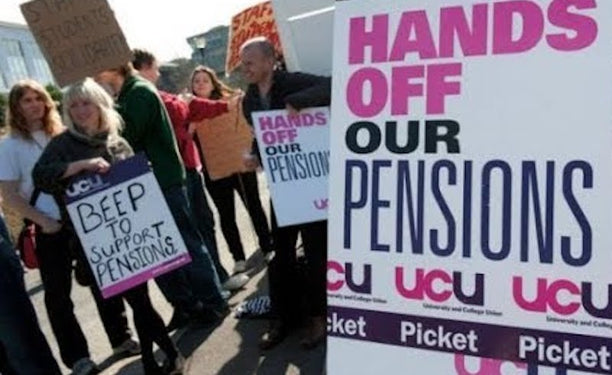
Reflections on the UCU Strike
The strike has the capacity to enlarge collectivism and deepen critical thinking, but it has also revealed that striking in an academic context is far from straightforward.

The strike has the capacity to enlarge collectivism and deepen critical thinking, but it has also revealed that striking in an academic context is far from straightforward.
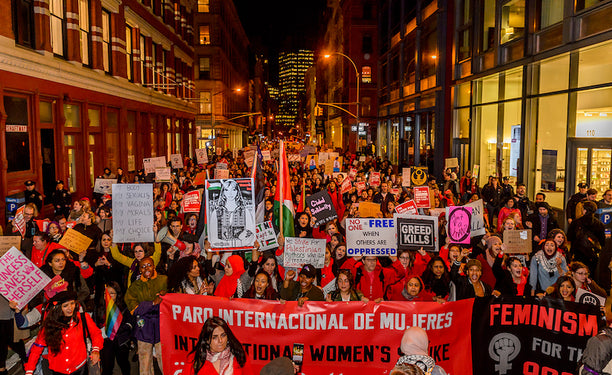
Sarah Jaffe speaks with Cinzia Arruzza and Tithi Bhattacharya about the International Women's Strike.
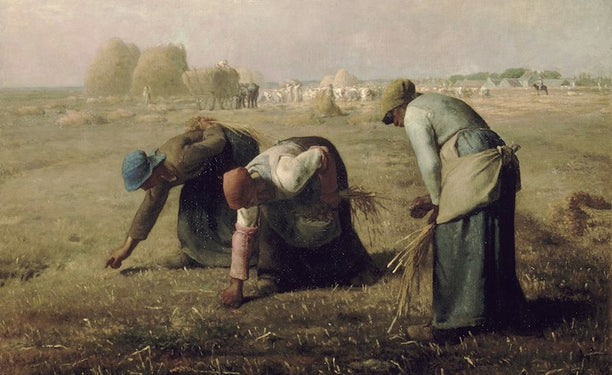
Tithi Bhattacharya offers an introduction to the methods, insights, and strategic implications of Social Reproduction Theory.
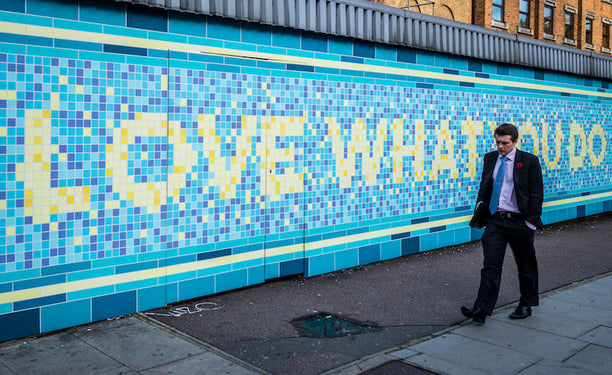
Kathi Weeks draws on 1970s feminist critiques of romance to investigate the contemporary management discourses of love and happiness at work.
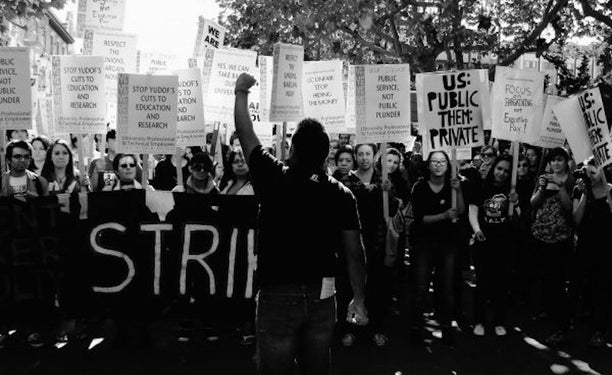
A brief attempt to think critically about the potential of a student "fee strike" to run alongside the University and College Union strike.
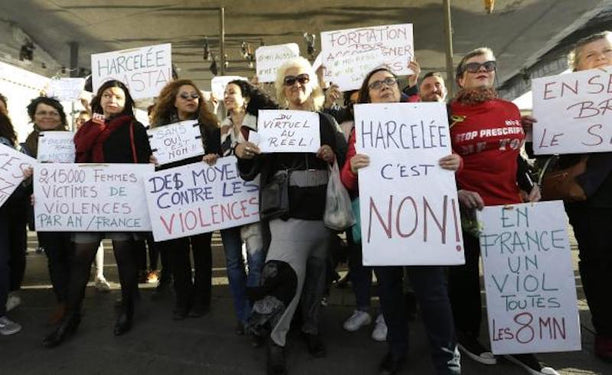
Françoise Vergès responds to the "appeal of the 100" published in Le Monde.
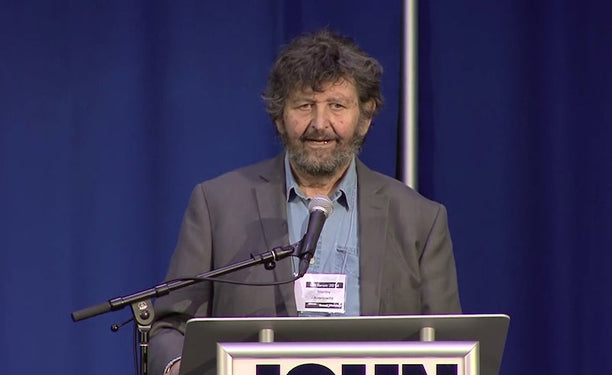
Bruce Robbins on Stanley Aronowitz as a public intellectual.
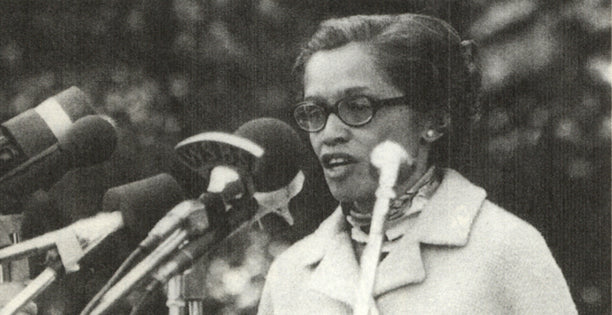
The promse of 1917 allowed African American women to assert themselves as an integral part of a global movement to end racism, sexism, and imperialism.
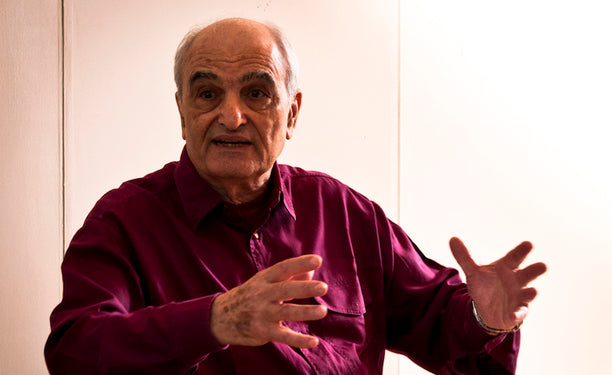
Moshé Machover responds to the Labour Party over his expulsion.
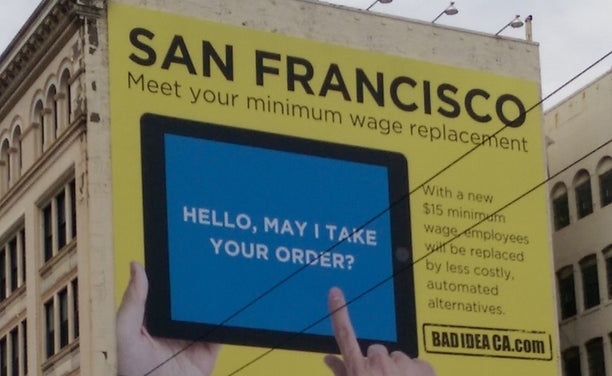
Aaron Benanav discusses the real reasons behind the rise of a global precarious workforce.

To confront this changing landscape of work, we need today to draw on Marxist feminist analyses of gendered forms of both waged and unwaged work. The practical implication of this is that, if we want to both understand and resist contemporary forms of exploitation, Marxists can no longer remain ignorant of or separated from feminist theories and practices.

Kim Moody on the state of organized labor, the potential for collaboration between unionized workers and grassroots social movements, and the prospects for the revival of the political strike after the logistics revolution and the election of Trump.